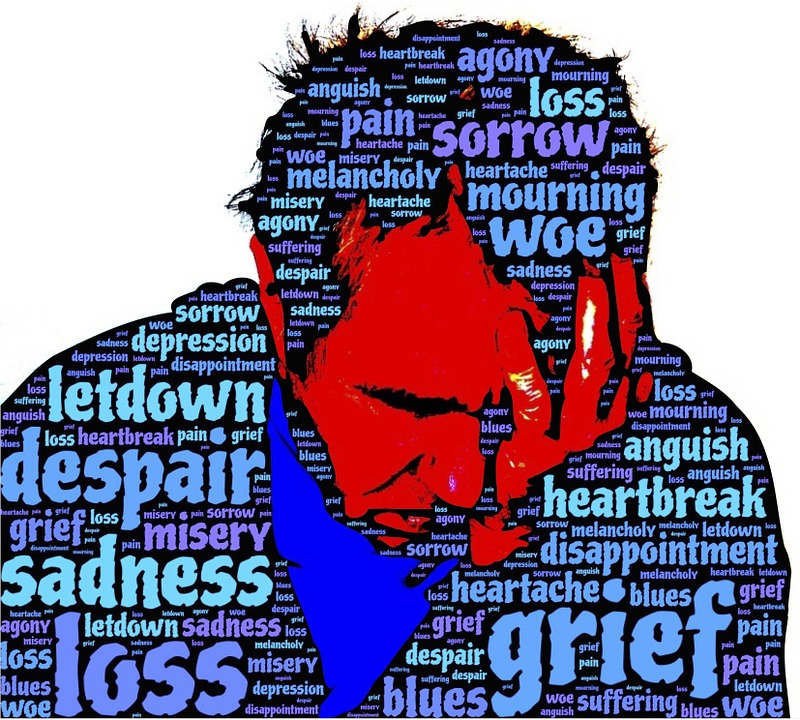Many people think of grief as a single instance or a short time of pain or sadness in response to a loss, like tears shed when someone close dies. However, grieving includes the entire emotional process of coping with a loss. It sometimes manifests many times in one’s being like waves in the ocean; at times you can ride them but, at times, they envelop you. There is no structure as to how often you experience grief or even its duration. You can’t put a timer on feelings of pain after loss, nor can you diminish or avoid the suffering either. In fact, if you suppress or deny your grief, the pain will just come back again and again.
Coping with the loss of a loved one is one of life's great difficulties. You must deal with it anew each time. The pang of grief will stay with you for as long as it needs. There has also been research on how grieving involves many different emotions, actions, and expressions, all of which help the person come to terms with the loss of a loved one and how manifests in an individual in different stages.
The five stages of grief are:
Denial: Denial is the first of the five stages of grief. It helps us survive the loss. In this stage, the world becomes meaningless and overwhelming. Life makes no sense. We are in a state of shock and denial. This denial and shock help us pace our feelings of grief and, thereby, help us cope and make survival possible.
Anger: Anger is a necessary stage of the healing process. Be willing to feel your anger, even though it may seem endless. The more you truly feel it, the more it will begin to dissipate and the more you will heal. There are many other emotions under the anger and you will get to them in time, but anger is the emotion we are most used to managing. Anger is strength and it can be an anchor, giving temporary structure to the nothingness of loss.
Bargaining: Before the loss, it seems like you will do anything if only your loved one would be spared. After the loss, bargaining may take the form of a temporary truce. Guilt is often bargaining’s companion. The “if onlys” cause us to find fault in ourselves and what we “think” we could have done differently.
Depression: After bargaining, our attention moves squarely into the present. Empty feelings present themselves, and grief enters our lives on a deeper level; deeper than we ever imagined. This depressive stage feels as though it will last forever. It is important to understand that this depression is not a sign of mental illness. This is the appropriate response to a great loss. If grief is a process of healing, then depression is one of the many necessary steps along the way.
Acceptance: This stage is about accepting the reality that our loved one is physically gone and recognizing that this new reality is the permanent reality. We will never like this reality or make it OK, but eventually we need to learn to accept it. We need to learn to live with it. It is the new norm with which we must learn to live. We must learn to reorganize roles, re-assign them to others or take them on ourselves. Finding acceptance may be just having more good days than bad ones. We begin to live again, but we cannot do so until we have given grief its time.
People may not always experience these stages in any particular order, nor may they experience every stage. In the worst cases, there are individuals who are unable to accept and cope with their loss suffer severe grief, known as prolonged grief, which can last up to months or years. This form of grief can pave the way to isolation and chronic loneliness and/or anxiety, poor physical health and even suicide attempts. So, it is very important to identify the early risk factors and have an early intervention through therapy. If you are experiencing grief, due to the loss of a loved one, seeking professional help would be helpful. Therapy would help you to better understand the grieving process and the appropriate coping strategies in order to accept and come to terms with your grief.



